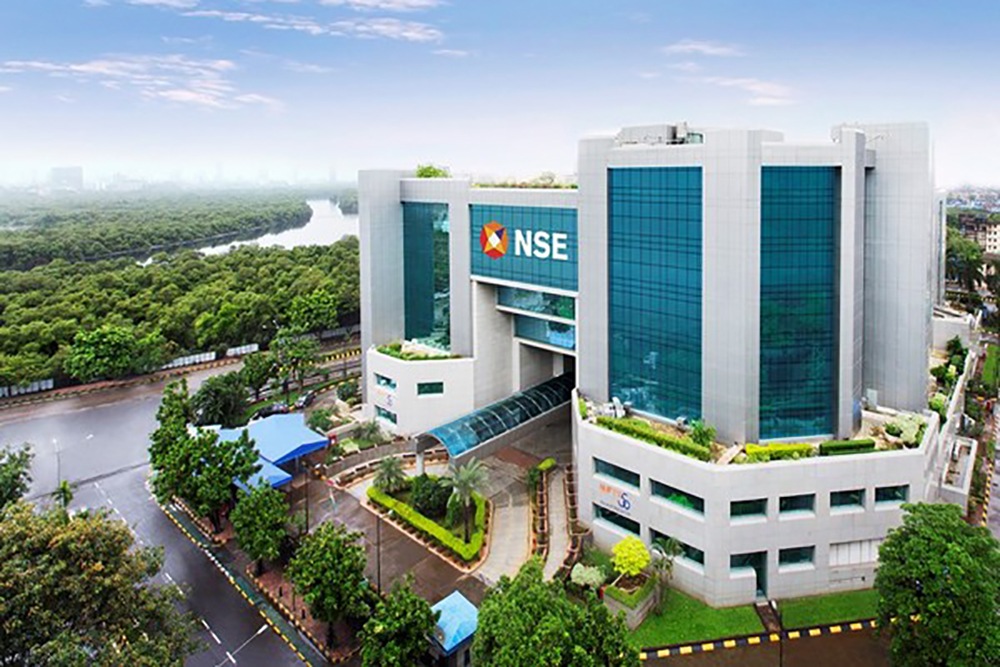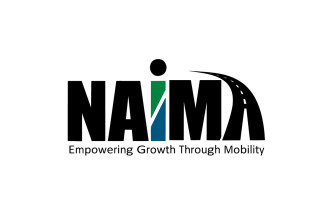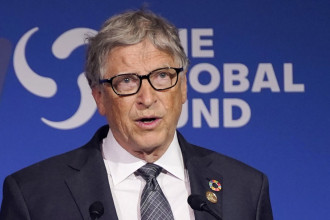
KATHMANDU: Indian retail investors now have a solution to invest in US stocks as NSE International Exchange, a subsidiary of National Stock Exchange (NSE) operating in Gujarat International Finance Tech (GIFT) City, started offering trade in eight US-listed stocks from Thursday.
Investors can trade in eight prominent US stocks as of now, which will gradually go up to 50. Currently, Indian investors buy US stocks through designated online brokers who have permission from Indian and US regulators to offer such services.
NSE IFSC is a wholly-owned subsidiary of the NSE. Trading in the stocks will be in the form of Unsponsored Depository Receipts.
NSE IFSC has received approval to trade receipts of 50 US-based stocks. However, only eight of them — Amazon, Tesla, Alphabet, Meta Platforms, Microsoft, Netflix, Apple and Walmart — are available to be traded from Thursday. It has been learnt that this will be extended in a phased manner to include others like Paypal, McDonald's, Johnson &Johnson, Nike Adobe, Berkshire Hathaway, Mastercard, Visa, Chevron, Morgan Stanley and JP Morgan. The date of trading is yet to be decided.
Investing in US stocks is currently a time-consuming and costly process. But it will be a lot less difficult and affordable now. Likhita Chepa, Senior Research Analyst at CapitalVia Global Research was quoted in The Times of India as saying, "This provides Indian investors with a new investment opportunity with a simple investing process and inexpensive costs. When compared to the underlying shares traded in US marketplaces, you will be able to trade in fractional quantity value. Investors will be able to hold the depository receipts in their own GIFT City demat accounts and will be eligible for corporate action benefits on the underlying stock."
Investors residing in India will have to open a demat account at the IFSC. Investors will be able to hold the depository receipts in their own demat accounts opened in GIFT City and will be entitled to receive corporate action benefits pertaining to the underlying stock. The investment can be made under the Liberalised Remittance Scheme (LRS) limits prescribed by the Reserve Bank of India (RBI), which means it has to be capped at $250,000 per year (INRs 19 million).
READ ALSO:
Published Date: March 4, 2022, 12:00 am
Post Comment
E-Magazine
RELATED International





